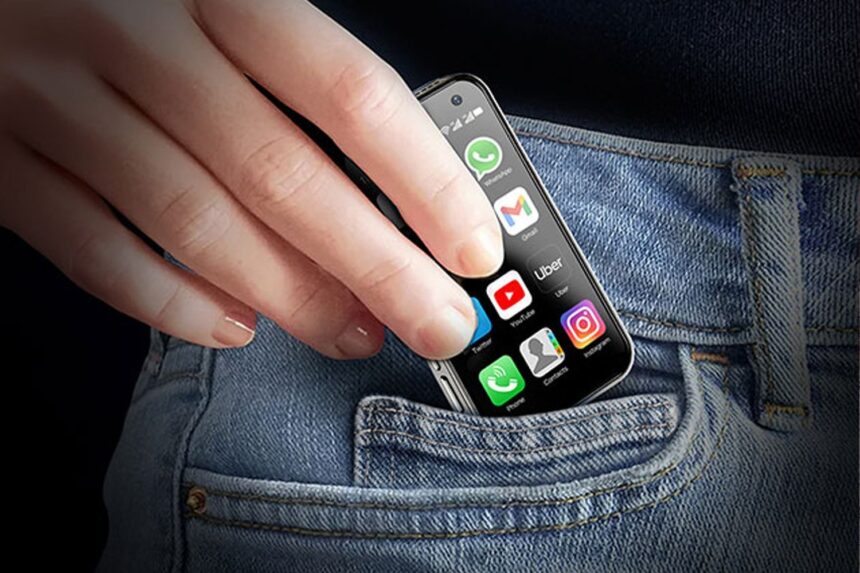In a world dominated by ever-expanding smartphone screens, the NanoPhone emerges as a delightful throwback to simpler times. At just $99 instead of 199$ on StackSocial, it’s a mere fraction of the cost of an iPhone 16 and while it admittedly offers fewer bells and whistles, this credit card-sized marvel is undeniably a cool gadget that’s bound to turn heads.
Picture this: You’re at a bustling café, surrounded by people hunched over their massive phones. You casually pull out your NanoPhone and suddenly, all eyes are on you. “What is that?” they ask, incredulous. You smile, knowing you’ve just become the most intriguing person in the room.
See at StackSocial
What makes this deal even sweeter is that StackSocial is currently offering the NanoPhone at an unprecedented price of $99 instead of its usual $199—an incredible 50% discount that makes it the best deal ever seen for this product. This limited-time offer comes just ahead of Prime Day and makes it an ideal opportunity for savvy shoppers looking for a unique gadget.
Powered by Android 10
With its sleek design and functionality, the NanoPhone serves as both a backup phone and a stylish accessory that can easily accompany you on any adventure. It runs on Android 10 and allows you to browse the web, stream videos and use essential apps like WhatsApp and Instagram.
Equipped with a 5MP rear camera and a 2MP front camera, the NanoPhone allows you to capture moments on the go without the hassle of carrying around a larger device. Its 3-inch HD screen may be small but it still delivers vibrant visuals for quick browsing or streaming your favorite content. With dual SIM support and 4G LTE connectivity, you can seamlessly switch between personal and work numbers or stay connected while traveling.
So if you’re tired of oversized smartphones that dominate your pocket space and drain your wallet, consider embracing the charm of the NanoPhone. With its unbeatable price point and cool factor, it’s hard to resist this little powerhouse that proves good things really do come in small packages.
See at StackSocial
Read the full article here












